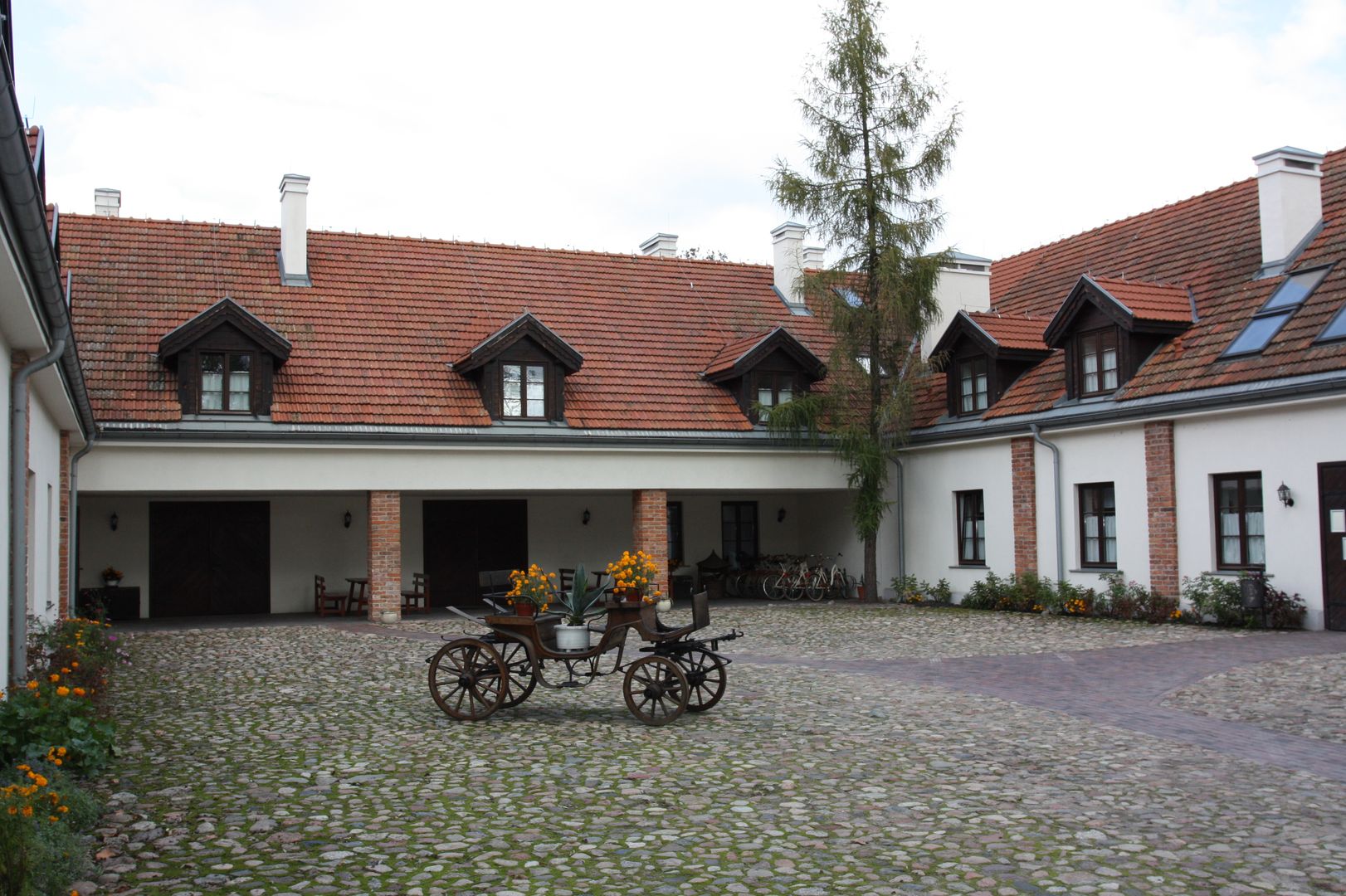Lochów
6.84

Overview
Łochów is a town in Poland, located in the Masovian Voivodeship, with a rich history dating back to the 14th century, when a ducal settlement known as Łochowiecz was established. In 1378, the town was granted Chełmno rights by the Masovian Duke Siemowit III. In the 18th century, Łochów became the property of the Kuszel family, followed by the Hryniewicz and Zieliński families. A significant moment in Łochów's history was its development linked to the construction of the Warsaw-Saint Petersburg Railway in the 19th century, which contributed to population growth and stimulated the local economy. After World War II, the town gained importance as a service center and was granted town rights in 1968. The architectural heritage of Łochów includes a neo-Renaissance palace, which after renovation became a hotel and conference center, as well as other monuments such as a locomotive depot from 1868, and former post office and pumping station buildings. The culture and social life in Łochów are reflected in organized events such as Łochów Days, Independence Day, and the Łochów Poetry Autumn, which engage the local community. The town also has a rich educational infrastructure, with several primary and secondary schools. An interesting fact is the history of the Jewish ghetto established during World War II, where about 1,700 Jews were confined, and their tragic fate in extermination camps constitutes an important element of Holocaust memory in the region. Thanks to its location in the Lower Bug Valley and proximity to forests, Łochów is also an attractive destination for nature lovers. The town is an important transportation hub, with an active railway line and developing road infrastructure. In recent years, Łochów has undergone many modernizations, including the renovation of Dębinka Park, which has contributed to improving the quality of life for its residents.
Location
City
Łochów Deanery
Tertiary Administrative Division
Lochów
County
Węgrów County
State
Masovian Voivodeship
Country
2026 Wizytor | All Rights Reserved